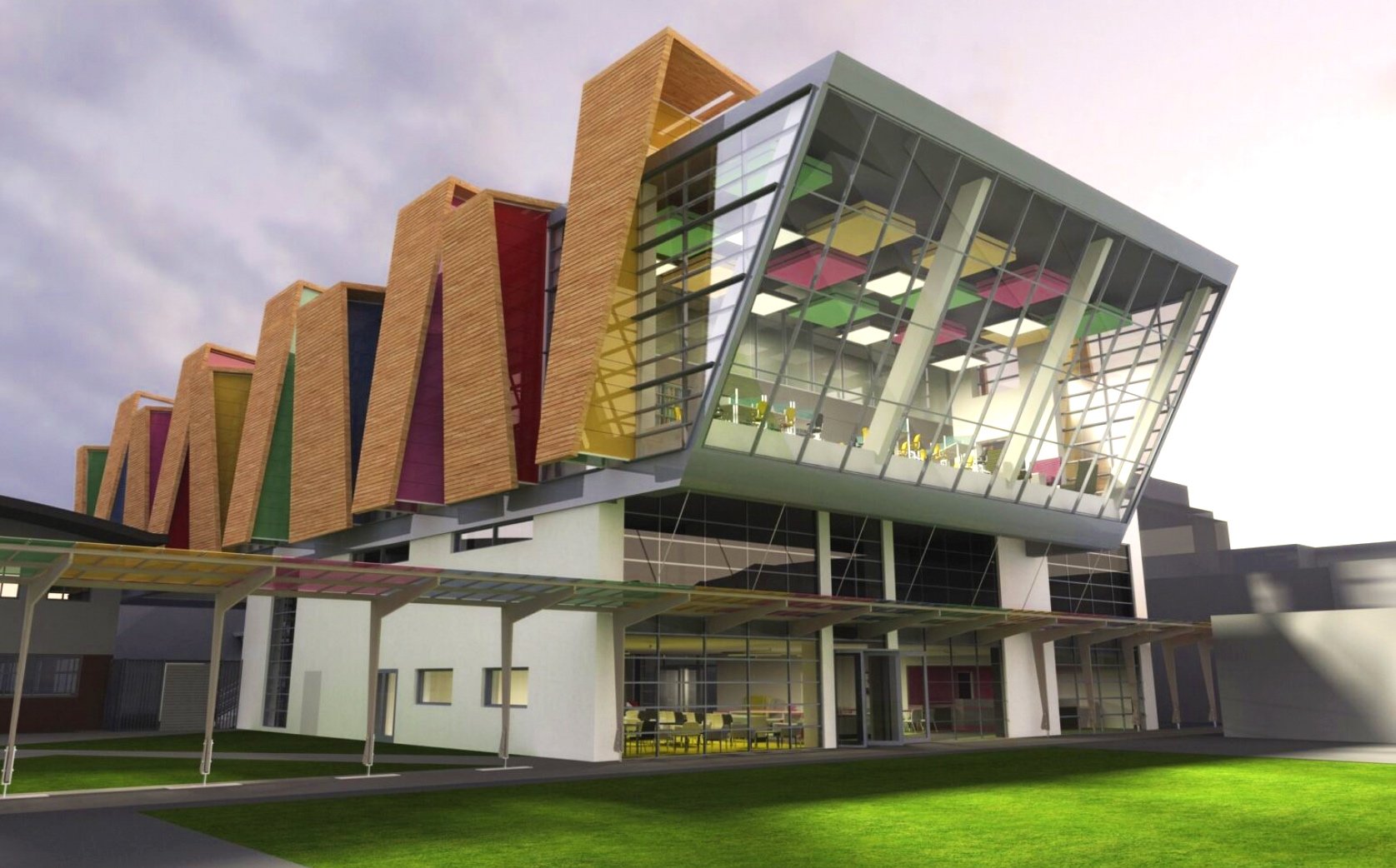Zero Carbon Schools in London: Paving the Way for a Sustainable Future
As the urgency to combat climate change intensifies, cities around the world are seeking innovative solutions to reduce their carbon footprints. London, a bustling metropolis, is making significant strides in this direction by introducing zero-carbon schools. These educational institutions focus on sustainability and serve as models for future developments in urban planning and environmental responsibility.
What Are Zero Carbon Schools?
Zero-carbon schools are designed to have a net-zero carbon footprint. This means that the total amount of greenhouse gases emitted by the school is balanced by the amount removed from the atmosphere, effectively resulting in no net carbon emissions. Achieving this ambitious target involves a combination of energy-efficient building designs, renewable energy sources, and sustainable practices.
Key Features of Zero Carbon Schools
Energy-Efficient Design: Zero-carbon schools are built using materials and designs that minimize energy consumption. This includes maximizing natural light, using high-quality insulation, and incorporating energy-efficient heating and cooling systems.
Renewable Energy Sources: Many of these schools harness renewable energy, such as solar panels or wind turbines, to power their facilities. This reduces reliance on fossil fuels as well as lowers operational costs in the long run.
Sustainable Transportation: Encouraging environmentally friendly transportation options is vital. Schools often promote cycling and walking through the provision of bike racks and safe pedestrian routes, while also collaborating with local authorities to improve public transport access.
Green Spaces: Integrating green spaces, such as gardens and outdoor classrooms, is essential for promoting biodiversity and providing students with hands-on learning experiences related to nature and sustainability.
Curriculum Integration: Zero carbon schools often incorporate sustainability into their curriculum, educating students about environmental issues and encouraging them to engage in eco-friendly practices both at school and at home.
The Phoenix School
Examples in London
Several pioneering projects in London illustrate the potential of zero-carbon schools. Notable examples include:
The Phoenix School: This school has implemented a range of energy-saving measures, including the use of solar panels and rainwater harvesting systems. Its design emphasizes natural light and ventilation, creating a comfortable learning environment while minimizing energy use.
The Ark Academy: Located in the borough of Brent, this academy has a strong focus on sustainability, featuring green roofs and energy-efficient technologies. The school actively engages students in sustainability initiatives, fostering a culture of environmental stewardship.
The West London Free School: This school integrates sustainable practices into its operations, from energy-efficient lighting to waste reduction strategies. The curriculum includes environmental education, empowering students to become advocates for sustainability.
London, England
Challenges and Opportunities
While the concept of zero-carbon schools is promising, there are challenges to overcome. Funding for these projects can be a barrier, as the initial investment in sustainable technologies and building practices can be substantial. Moreover, it is crucial to ensure that all schools, regardless of their location or socio-economic context, can access the benefits of zero-carbon initiatives.
However, the transition to zero-carbon schools presents a unique opportunity for collaboration between government bodies, educational institutions, and communities. By investing in green infrastructure, London can reduce its carbon emissions and create healthier learning environments for future generations.
Zero-carbon schools in London are not just a trend but a necessary evolution in the fight against climate change. By prioritizing sustainability in education, London is setting a precedent for other cities to follow. As these schools flourish, they will inspire a new generation of environmentally conscious citizens ready to tackle the challenges of tomorrow. Committing to building a greener future begins with education, and zero-carbon schools lead the way.




